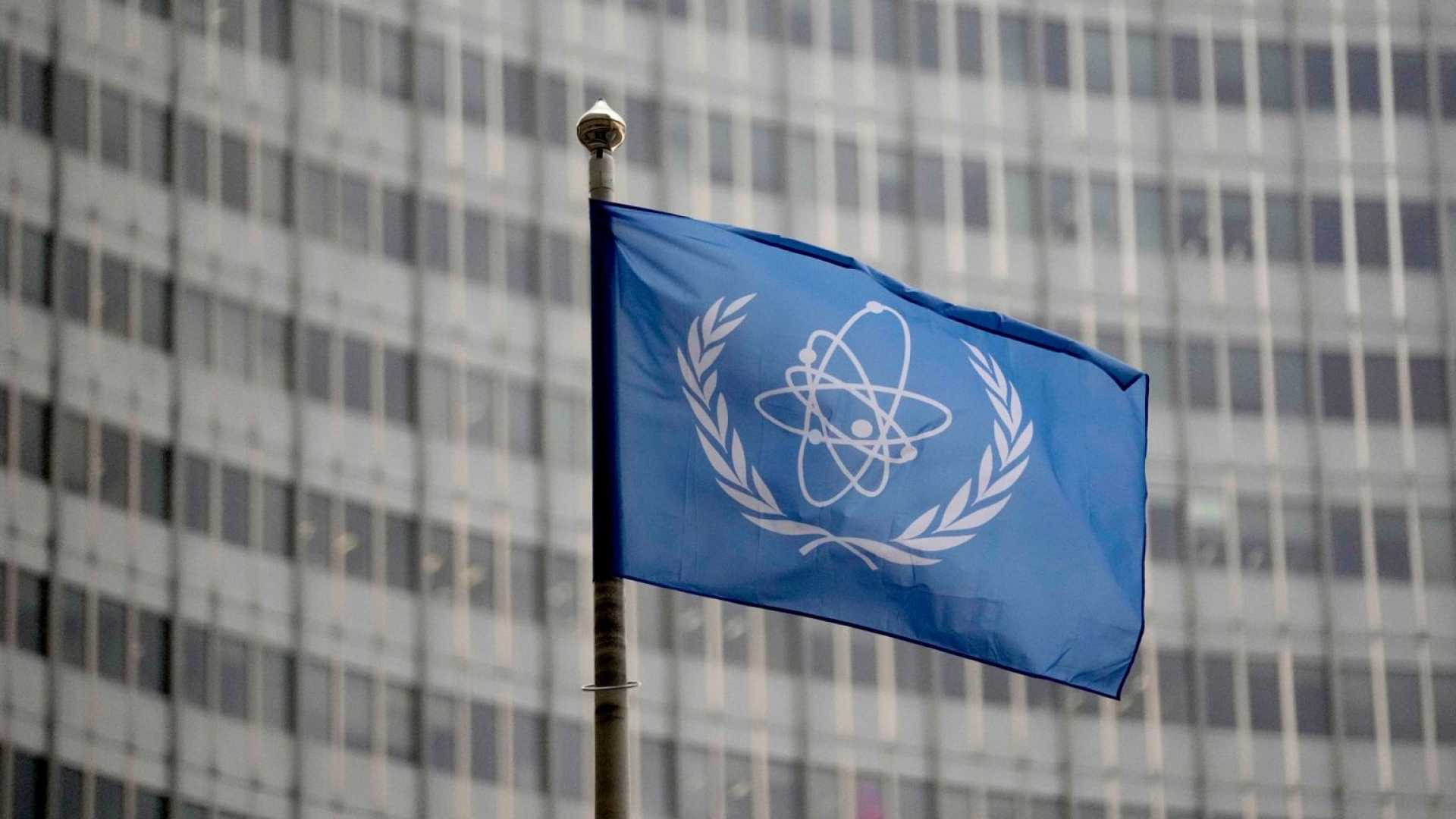World
UN Warns Iran Over Nuclear Obligations, Tensions Escalate

VIENNA, Austria — The U.N. nuclear watchdog’s board of governors voted on Thursday to formally declare that Iran is not complying with its nuclear obligations, intensifying global concerns over Tehran’s nuclear program. This marks the first time in two decades that such a declaration has been made, raising the prospect of renewed sanctions against Iran.
Iran quickly responded to the resolution from the International Atomic Energy Agency (IAEA), announcing plans to establish a new uranium enrichment facility in a secure location. The Iranian Foreign Ministry and the Atomic Energy Organization of Iran described the move as a necessary response to the IAEA’s political resolution.
The vote drew support from 19 nations, while Russia, China, and Burkina Faso opposed it. Eleven countries abstained from voting, and two did not participate. The resolution calls on Iran to provide prompt answers regarding uranium traces found at undeclared locations, which Western officials suspect may be linked to a clandestine nuclear weapons program.
In response to the IAEA’s findings, U.S. and Iranian officials are set to meet for a sixth round of talks concerning Tehran’s nuclear ambitions this Sunday in Oman. Meanwhile, U.S. President Donald Trump expressed concern over Iran’s activities, indicating potential military repercussions if negotiations falter.
The atmosphere in the region has become increasingly tense. The U.S. State Department announced the drawing down of non-essential personnel in the Middle East, highlighting fears of possible military actions targeting Iran, possibly spearheaded by Israel. Iranian officials have warned that any aggression will lead to a robust response.
Iran’s nuclear chief, Mohammad Eslami, stated that the country is poised to commence operations at the new enrichment site once it is equipped. This move is perceived by some experts as a significant escalation in Iran’s nuclear capabilities, especially as uranium enriched to 60% is nearing weapons-grade status.
Israeli officials view Iran’s actions as a clear violation of the global Non-Proliferation Treaty and a direct threat to regional stability. Israel is reportedly preparing for the possibility of a military strike against Iran’s nuclear facilities.
“We are ready to defend our rights,” said Iranian Foreign Minister Abbas Araqchi, emphasizing a commitment to maintaining their nuclear program for peaceful purposes amid growing scrutiny from international powers.
The geopolitical landscape is fraught with uncertainty, as the IAEA’s recent declaration adds layers of complexity to upcoming diplomatic interactions. The Iranian government has signaled that it will continue its nuclear enrichment in the face of external pressures.












